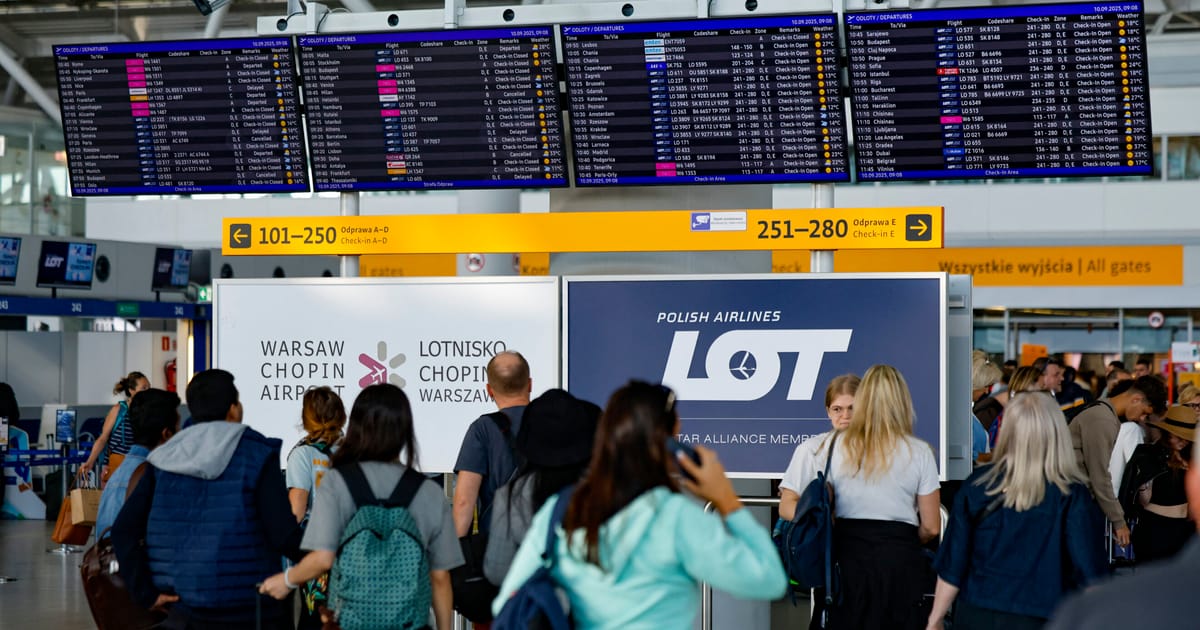In the Polish zone, only military aircraft are permitted in the zone from sunset to sunrise. During daylight hours, flights will be allowed only if they meet strict conditions such as filing a flight plan, carrying active transponders and maintaining constant radio communication with air traffic control.
Military jets on quick reaction alerts, known by the NATO call signs GARDA or ALPHA SCRAMBLE, will be authorized to operate.
Civilian drones are banned at all times, PANSA also specified.
Exemptions include flights with official status, including HEAD for heads of state, STATE for government missions, SAR for search and rescue, HOSP and MEDEVAC for medical evacuations, and FFR for firefighting response.
Flights not meeting the listed requirements may still be authorized if they involve state aviation or air ambulances, if they are carried out to protect human or animal life and health in cases such as natural disasters, accidents, ecological threats or other emergencies, or if they are linked to the protection and monitoring of critical infrastructure.
In Latvia, Defense Minister Andris Sprūds said the measure will allow the country to better control the restricted airspace, make it easier to detect threats and free up the area for NATO’s Baltic Air Policing mission.
